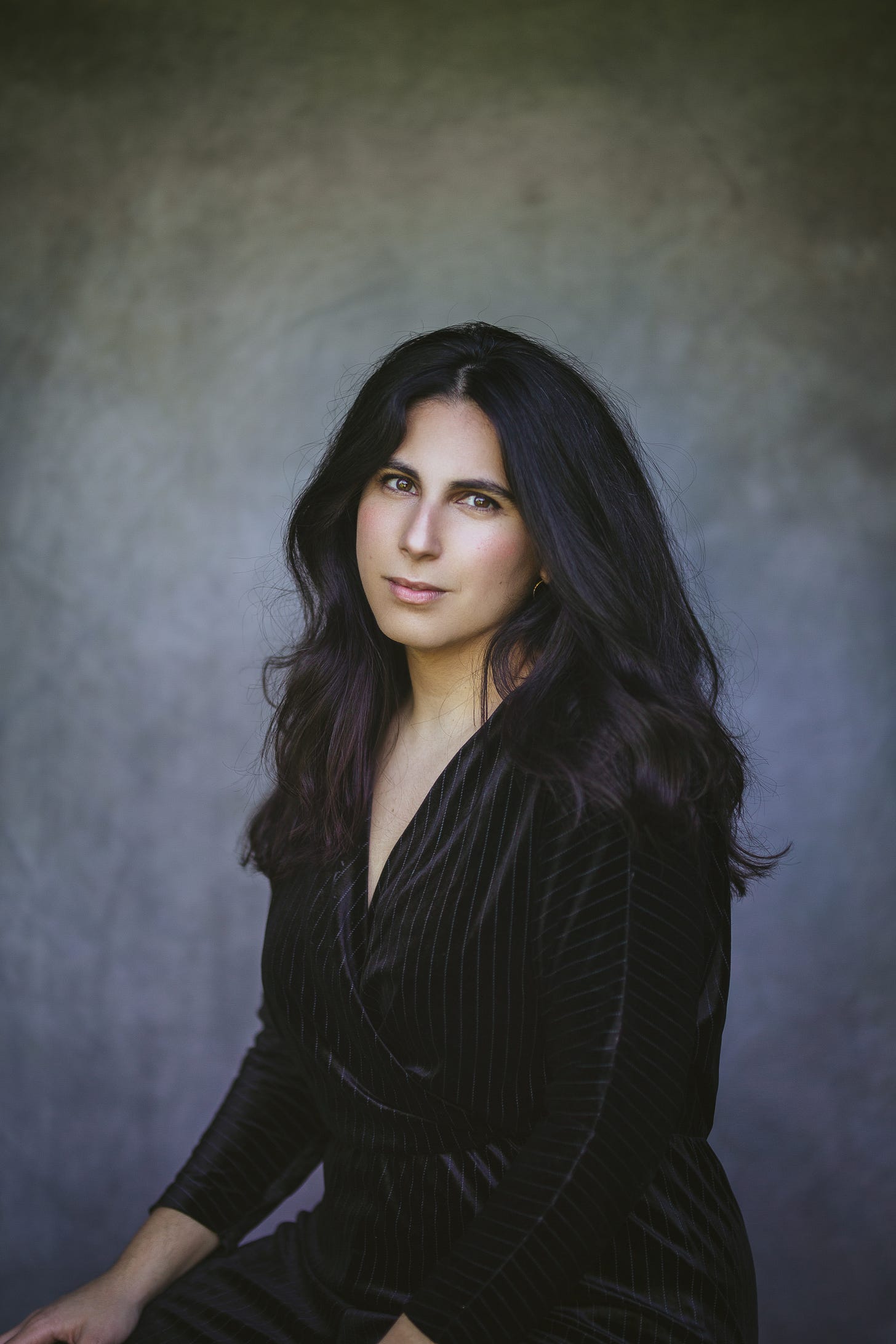Shazia Nicholls: “There was distance with my Pakistani culture, but I’m off the starting block now”
The actor on her “geographically surprising” mix and how it’s blown the planet wide open
Hi, welcome back to Mixed Messages! This week I’m speaking to actor Shazia Nicholls, who is of Pakistani and Colombian heritage. Shazia is next on stage in PARADISE NOW! at Bush Theatre, starting tonight. Shazia has also starred in Call The Midwife, Doctor Foster and a modern retelling of Antigone at Regent’s Park Open Air Theatre, where she brought her…


